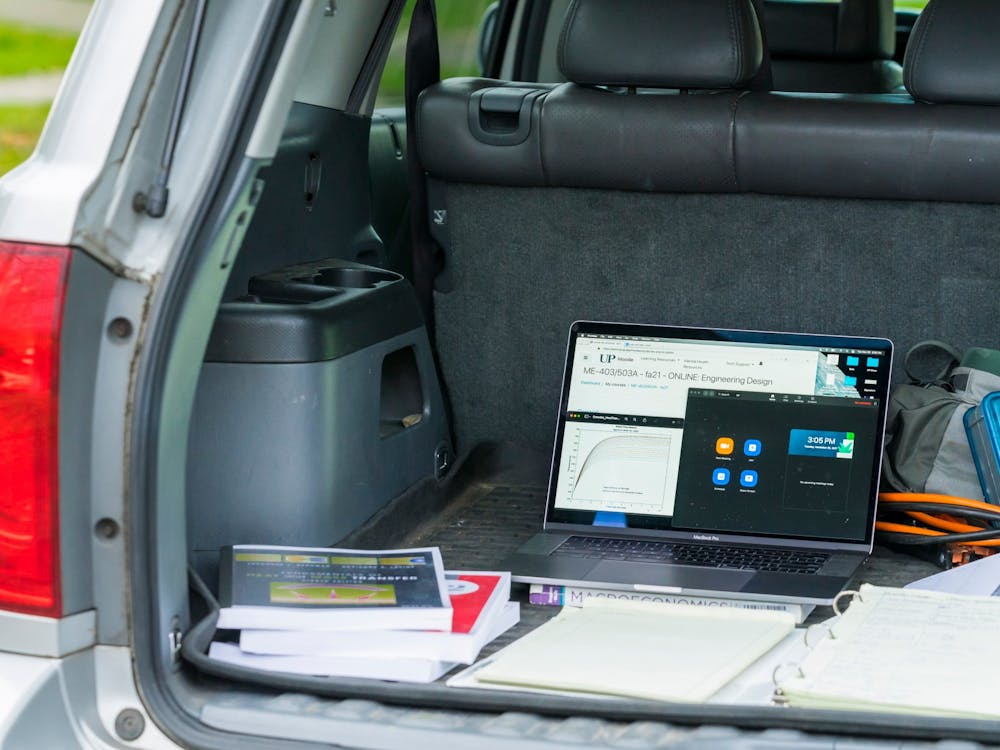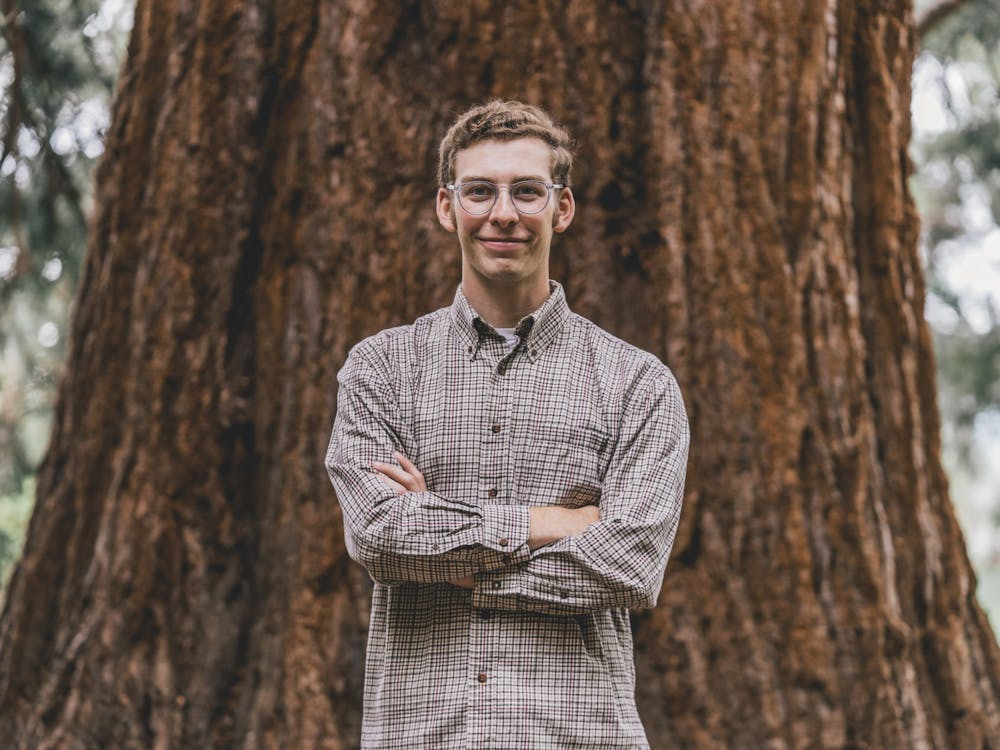Nikki Robles (The Beacon)
By Nikki Robles, Staff Commentary
It was midnight on Wednesday, March 7. I should have been sleeping or at least cramming for my math quiz. Instead, I was mindlessly surfing Facebook. Post after post, there was a link to a video titled "Kony 2012." Since a noticeable portion of my friends were recommending it, I decided to click on the video.
Thirty minutes of intense graphics, forceful rap music and an empowering message later, I was convinced that my generation needed to stop Joseph Kony, the rebel warlord from Uganda who spearheaded the killings of thousands of innocent people. As the leader of the Lord's Resistance Army (LRA), Kony kidnapped young boys and forced them to join his movement while forcing young girls to become sex slaves for the soldiers.
It was nearing 1 a.m., but I was wide awake. Sleep could wait - I needed to help save the world.
I browsed Invisible Children's website and joined nearly every "Cover the Night" event that I was invited to on Facebook. I was close to buying the "action kit" provided by Invisible Children, which contained a T-shirt, bracelet, action guide, stickers, buttons and posters for $30. The video had more than 80 million views on YouTube and the action kits and various other products on the Invisible Children store were sold out. I wasn't the only one feeling this way.
It didn't take long for backlash against the nonprofit to emerge. The blog "Visible Children" reported Invisible Children only gave 30 percent of its profits to the effort in Uganda. Another criticism was that the organization supports the capture of Kony through violent military force. Just this past week, the co-director of "Kony 2012," Jason Russell, was detained and hospitalized for masturbating in public. The integrity of the organization and its leaders has become questionable.
After seeing a different side of the Invisible Children foundation and the leaders behind it, I rethought the movement. Although Invisible Children has provided responses to the negative criticism, I still find it hard to support the nonprofit in its efforts to stop Kony.
Maybe I am being cynical, but I have learned to question the motives of everything and anything. I'm not saying that people should give up on the mission entirely. I'm saying that people need to do their own research and form a decision based upon what they have learned, not on what a 30-minute video may have taught them. After learning about the issue, people should find their own way to combat it.
If you are passionate about this movement, educate yourself on the history of the Kony regime. As a UP meme scathingly pointed out, first know where Uganda is before becoming a social advocate.
There are ways to help detain Kony for his crimes against humanity without using red and black posters. Be active. Research other organizations that are fighting for the same cause. Write to your congressional representatives.
Whether you are for or against this movement, there is an important lesson to be learned: When young people put their minds to something, they can create an impact on the world. By simply sharing a link on Facebook or Twitter, young people raised awareness. If young adults united at this scale on other pressing issues, the world would definitely change for the better.








